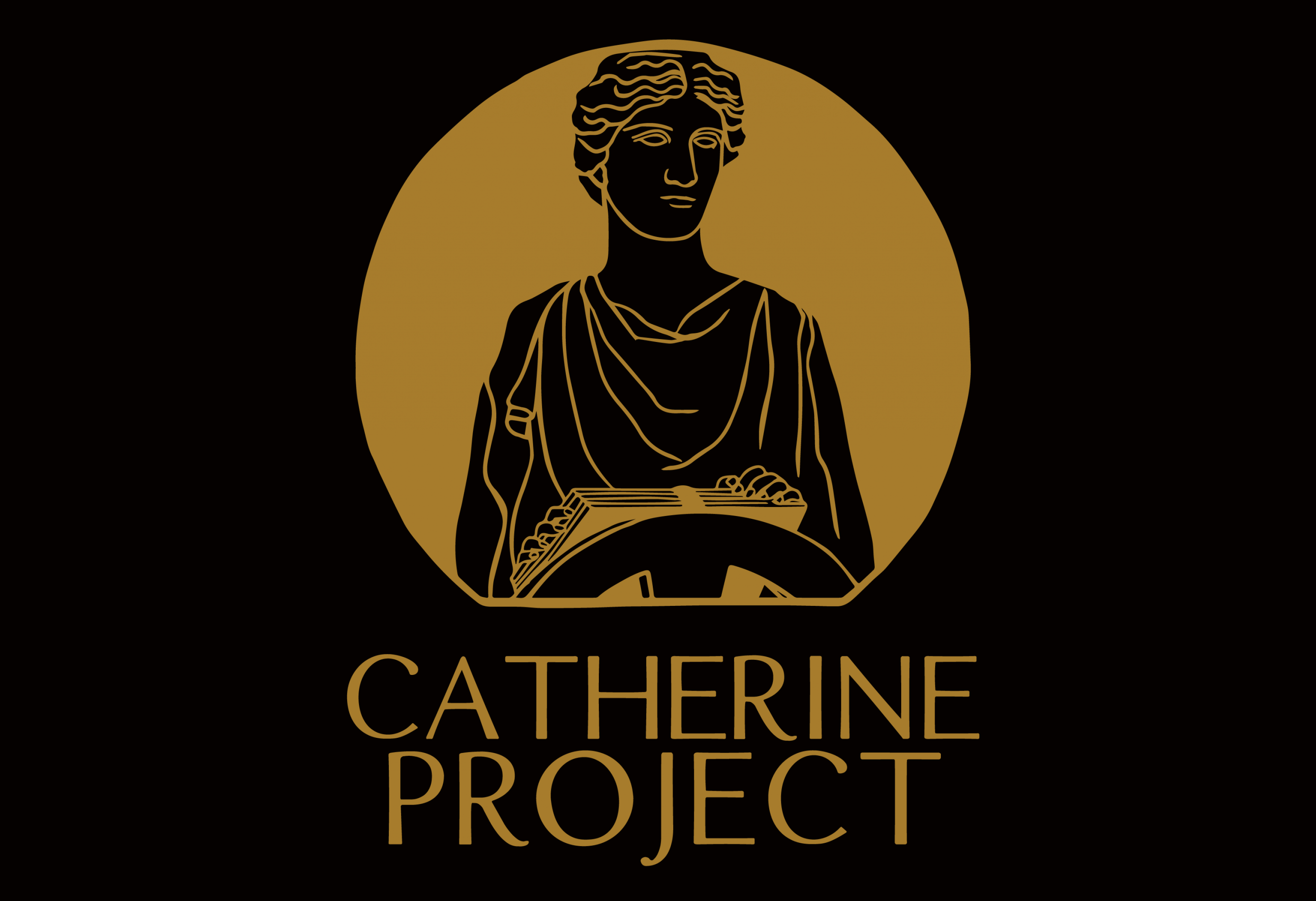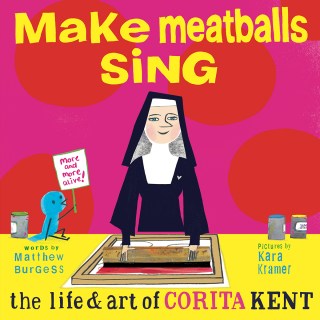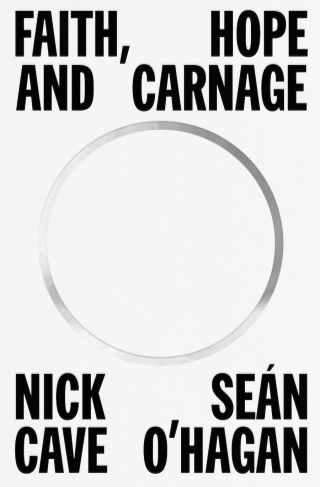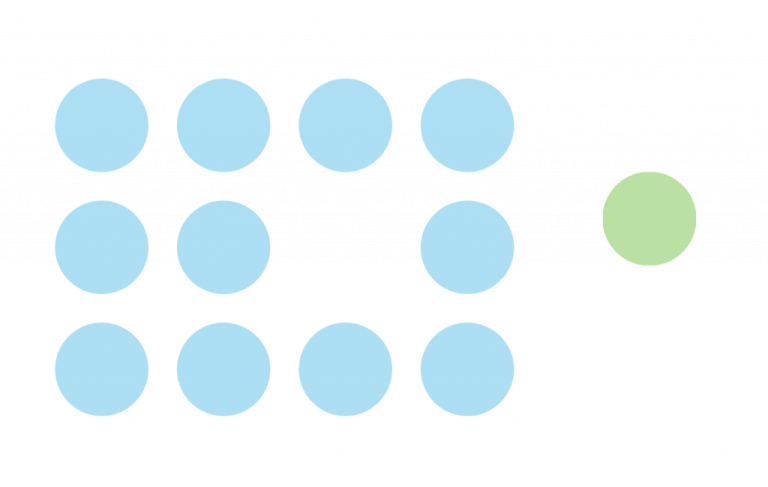The most intellectually alive places I had been had not assigned grades, or had de-emphasized them. Without a grade, you were free to work as hard you wanted, in the way you wanted, past a certain threshhold. It was not a coincidence that both of these institutions were also personal: the teachers knew the students, and looked after their education, advising, mentoring, and modeling habits for them, rather than regurgitating content.
Grades mattered, I had to give them, and I couldn’t give too many bad ones. Nor could I spend my days and nights grading multiple complex assignments for sixty to ninety students. My assignments became regimented and boring. Class time, too, became regimented, to ensure that students knew what they had to know. There was no point in reading papers too carefully—the students wouldn’t read the comments anyway, and went straight for the grade. Again, I recognized myself in them. I remembered how intoxicating grades were, and how they took my focus off of learning as much as I could because I wanted to.
Readers are welcome from all walks of life and educational backgrounds; register for our mailing list here.
The Catherine Project
by Zena Hitz
For some years after getting my PhD, I taught philosophy at large public universities. I loved the openness and hospitality of the public classroom. You never knew who would turn up or what philosophy might mean to them. Over time, however, I became disillusioned with what I’d call “classroom management”. The assigning of grades largely determined what I could teach and so what my students could learn. I didn’t judge my students for this. Since the days when I was a new graduate, armed with overconfidence and a patchy transcript, graduate and professional programs have become more exacting and less inclined to take risks.
When I returned to teach at my undergraduate liberal arts college, where grades were deemphasized, my reflections were confirmed. Without having to grade an assignment, I can press a high-achieving student to think harder, without an A for them to rest in. More importantly, I can encourage, and so actually teach, the many students who think with imagination and clarity but who communicate poorly on paper. Doling out B’s or C’s tells such students—falsely—that it is a waste of their time to study philosophy. Without grades, one can engage with such students as thinkers. Socrates himself shows that philosophical thinking need not involve writing.
In the following guest post*, Zena Hitz of St. John’s College discusses the Catherine Project, an intitiative she recently launched to bring free tutorials and reading groups on classic works of philosophy, poetry, and literature to interested adults.
The Catherine Project seeks volunteers with PhDs or other in-depth intellectual experience to lead tutorials for a new adult-education program based on reading and discussing great books. Our groups are open to anyone free of cost. Our tutorials are capped at four readers, with weekly short writing assignments. We consider our readers to be driven independently by their own questions. We mentor readers in developing their own thinking and reading. We frequently teach outside our areas of expertise, which lends our conversations spontaneity and an open-ended character. Our faculty join the classroom as full participants rather than detached managers or content providers.


No grades, no fees, no credits, no degrees —
Know books; know one another; know thyself.
I ran the Catherine Project for a year without a budget, out of my Twitter account, drawing on my former students for reading group leaders and my academic network for volunteer tutors. This fall, we serve 130 unique readers in 7 tutorials, 10 reading groups, with additional tutorials in Latin and biblical Hebrew. We have a grant, a board, an executive director, a website, and a pending application for 501(c)3 status. It is an exciting time for us. Come and read with us, volunteer with us, or donate to us, as you wish and as you can!
When I was still a research professor, I had the time to explore other outlets. I was particularly interested in prison education, and taught two philosophy courses to the incarcerated. Those classes confirmed my suspicion that there were many, many people interested in philosophy, who would enjoy and benefit from a class on (say) Plato’s Republic, who were not conventional college-goers.
The growth of the internet did not, at first blush, shrink these difficulties. Access to educational material was thrown wide open—but without any capacity for meaningful feedback. Could one learn karate or piano from watching videos? Perhaps. But the best teaching passes on habits in which individual distinctions can flower into forms of excellence. Such a process requires sensitivity to the individual, one-on-one feedback, and calibrated correction and encouragement.
Below, for those interested, is the story of our origins.
These letters disturbed me. What could I say? I knew that what these prospective learners needed was community—people to read with, and people to mentor and advise them. I knew also how difficult such community was to find.
Lost In Thought came out in May 2020, in the first round of Covid. Like other teachers and professors, I was struggling with online classes. I noticed that the person-to-person video interactions were closer to real meetings than larger gatherings. It dawned on me that video conferencing could provide a beginning for the sort of education that I had been looking for all these years. For all of its weaknesses, the internet now makes it possible to build intellectual communities that are both personal and open to a wide swathe of humanity.
I hatched a dream of a zeal-driven education that might be offered with no strings attached to anyone who was interested. But the logistics of it flummoxed me. How could one have a public university either rich or lean enough to make regular mentoring possible, and with it the personal feedback that might replace grades? How could one open up something as expensive as a liberal arts college to everyone? How could one find the people in a mid-sized American city who wanted to spend an evening a week in a coffee shop talking about Homer? They were there, doubtless—but how could one find them and draw them out?
I argue in Lost in Thought that learning for its own sake is a basic human need, a part of human flourishing. The intellectual lives of ordinary people are not side-concerns, but centrally important to higher education. Once the book appeared, I received many emails from non-academic readers thanking me for affirming them in their zeal for study. Many of these letters sought my advice: “I want to read seriously, and think about fundamental questions. How do I begin?”
“I hatched a dream of a zeal-driven education that might be offered with no strings attached to anyone who was interested. But the logistics of it flummoxed me…”
Prospective volunteers can write to us here.
In addition to our tutorials, we also run peer-led reading groups on various books or topics. These groups are larger–we aim at eight to ten readers—and are more flexible as to their length and structure. We welcome volunteer group-leaders, especially those experienced in serious conversations on great books, conversations which draw in each person at the table and which follow no fixed agenda.
The Catherine Project offers neither credits nor degrees. We believe that the personal feedback given by a trusted mentor is more valuable than any grade, especially for those discouraged by mainstream education. At the moment, all of our offerings are online, via Zoom. We are a non-profit organization and are supported exclusively by individual donations and grants.





